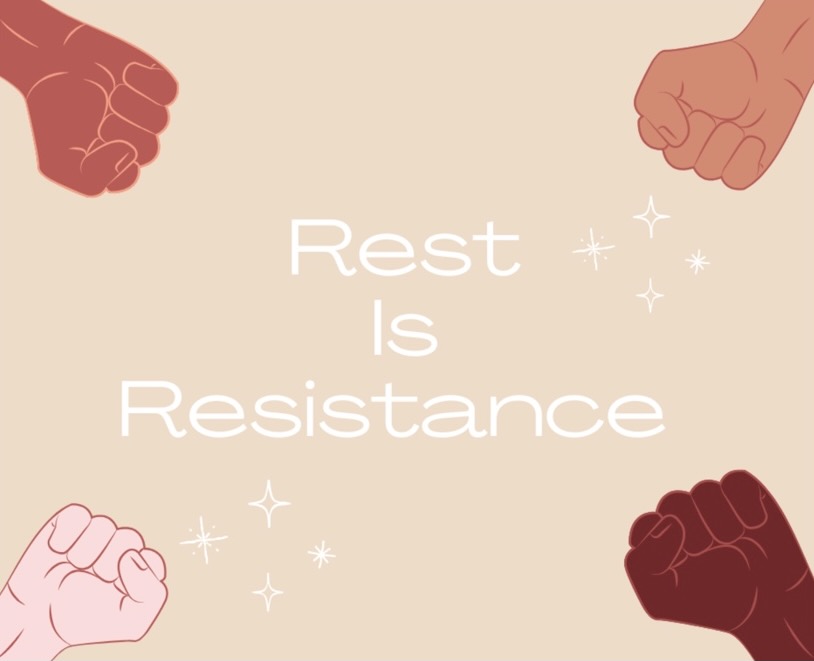Younger generations are becoming more comfortable with uncomfortable conversations—topics like mental health, politics, or even sexuality that were once taboo. Still, a hard line is drawn regarding sexually transmitted infections.
While the younger generations seem to be creating an increasingly sex-positive society, they still have a hard time digesting the topic. STIs nowadays have come to function as mere punchlines or ways to diminish someone’s worth. They are so stigmatized that creating a conversation around them often causes the discourse to end before it truly begins, thus preventing people from getting the information they need.
The discourse around STIs stems from a combination of sociological and psychological factors. A recent poll conducted by the Kaiser Family Foundation stated that a large portion of the population is blind to the fact that over half of the people in the U.S. will become infected with an STI in their lifetime. This finding pairs hand-in-hand with internalized STI stigma. “I had a cold sore last week, and everyone made me feel like it was a life sentence,” said Patrica Moreno, a second-year nursing major.
Even the most sex-positive people inadvertently stigmatize others when talking about having a clean STI test—participating in a system that frames STIs as a punishment for engaging in the “wrong kinds” of sexual activities. Separating people into the “guilty” and the “innocent” by shaming someone with chlamydia while not batting an eye at someone with a urinary tract infection, even though both are cured with antibiotics.
STD stigma isn’t always directed, and sometimes it can be so hard to tell one is partaking since the thought is so ingrained in our societal standards. It can be more general when people make jokes or play songs that equate herpes to being dirty, but even undirected stigma can be very painful. Stigma is a problem no matter how it’s enacted.
“The way people describe those perceived to be or claim to be free of STIs is quite demeaning like ‘don’t worry, she’s clean,’” said Natalie Castilo, first-year music major.
The unspoken implication of testing clean is that someone with an STI is dirty. This language is just an extension of the “purity” language that promotes the concept of appropriate sex . Feeding into the harmful belief that only a “certain kind of person” can receive a positive STI diagnosis—upholding stigma by shaming people for their health status or sexual activities, which is both disgusting and ridiculous. As well as perpetuates the reasons why STIs are not addressed in our society with a little bit more care and accuracy in terms of prevention.
It’s essential to pay attention to the language and narratives used by those diagnosed with an STI. Removing clean from the STI vocabulary is an excellent first step. Further attempts to destigmatize STIs can be found in shifting terminology. Many health care professionals, sexual health advocates, and others believe the term sexually transmitted disease is itself stigmatizing and push for a shift to sexually transmitted infection, considering that infections are less stigmatized than diseases—and that people will be more likely to get tested for “infections” than they would for diseases.“To normalize STIs, we talk about sexual health. Sexual health is part of overall health and well being. So, getting diagnosed and treated for an STI is simply a way of taking care of your health,” said Daniel Ortiz, a fourth-year computer science major.
There still have a long way to go in the ways sex and sexual health are discussed. There’s no logical reason to stigmatize STDs. This type of judgment is not only irrational. It’s highly counterproductive to promote sexual health and prevention awareness.

































